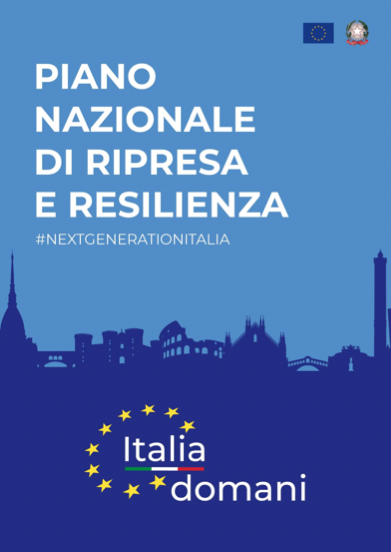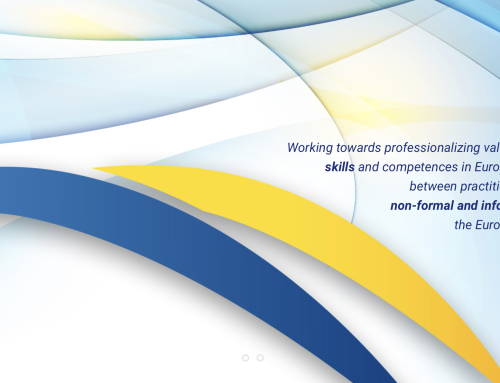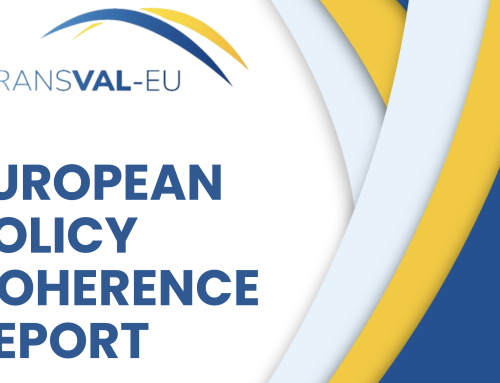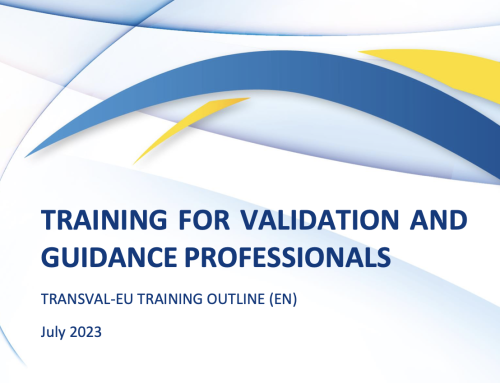Focus on managerial skills and previous work experience in Italian public competitions
In Italy, the updated version of the National Recovery and Resilience Plan released on the 30th of April 2022, provides for a highly innovative intervention in the recruitment methods and tests in public competitions for non-managerial personnel. In fact, it provides for at least one written test and always an oral test, which includes the verification of knowledge of at least one foreign language. Moreover, as already established for executives, the examination tests must be aimed at ascertaining the possession of skills, understood as a set of knowledge and technical or managerial skills, which must be defined in a manner consistent with the nature of the post for the profile applied for. The number of examination tests and the manner in which they are conducted and corrected must balance the breadth and depth of the skills assessment.
The importance of transversal competences, managerial in the first place, is evident, not only for those who intend to access public employment positions, but also for those who will have to carry out the examinations and selections and, subsequently following recruitment, for those who will have to proceed with the assessment of the same in their staff. An audience of potential subjects in need of learning and/or self-assessing and reinforcing these specific skills, which thus seem to take on a highly distinctive character for the performance expected of newly recruited public administration personnel.
Moreover, the same Decree states that for the recruitment of specialised profiles, in addition to skills, previous and relevant work experience must be evaluated. This is an absolute novelty for recruitment and selection processes in the Public Administration, which seems to open up, also in this case, a space of making value out of procedures for the recognition and assessment of prior non-formal and informal learning.
Lastly, digital and media and information literacy skills are recognised as a key and increasingly strategic factor for the Public Administration as well, providing that the code of conduct and training on public ethics be supplemented with a section devoted to the proper use of information technology and social media by public employees, also in order to protect the image of the public administration.




